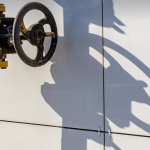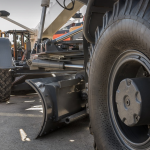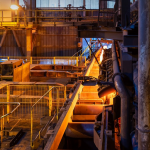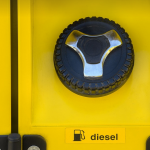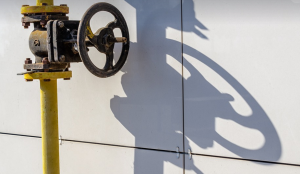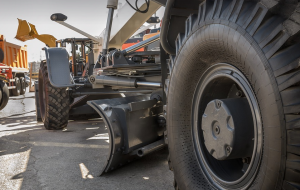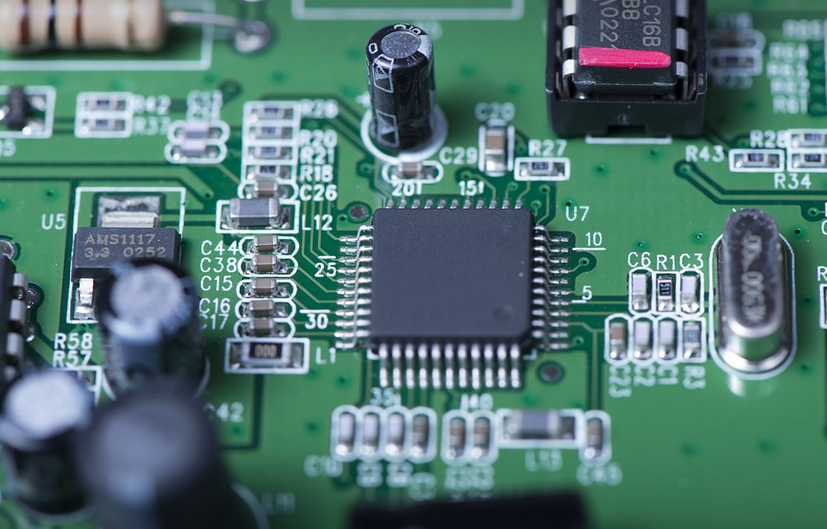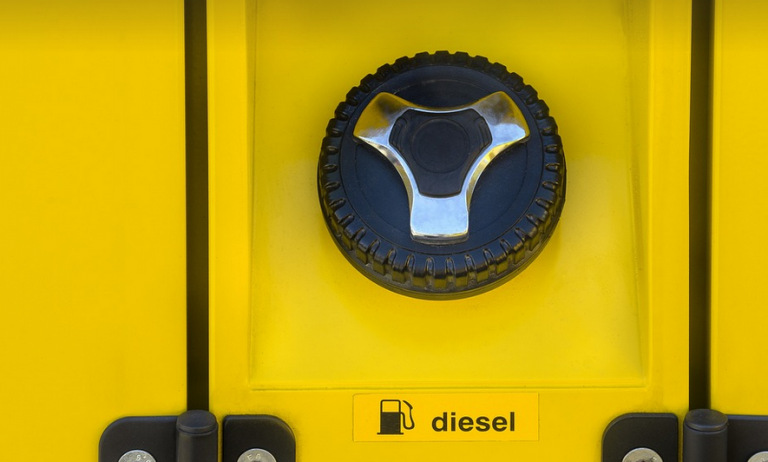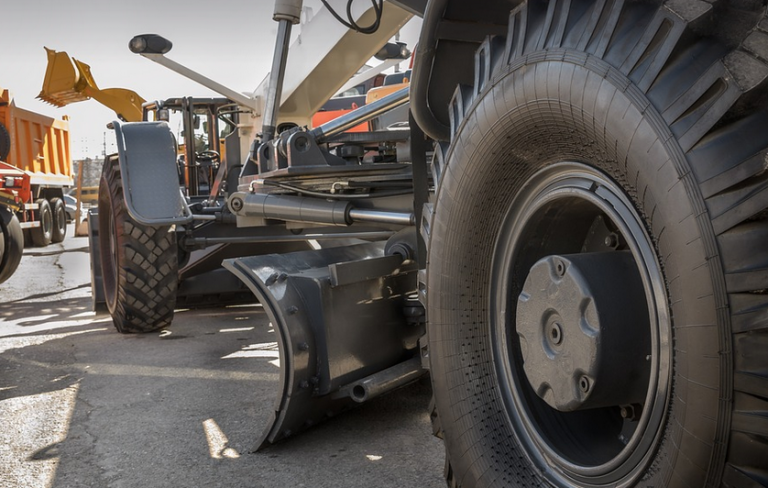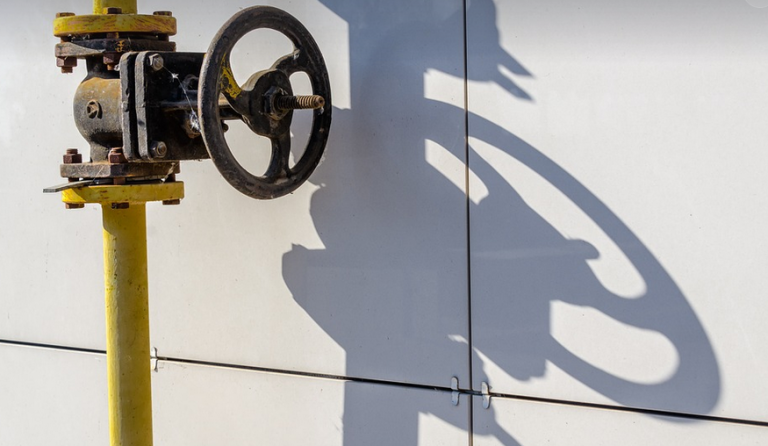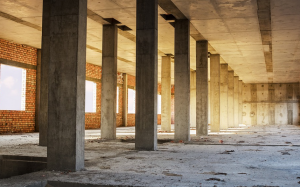Dive into the Details of Auburn’s Recycling Program
Welcome to our guide on how to recycle like a pro in Auburn! This year, we’re making it easier than ever to stay informed about your recycling options and ensure you’re getting the most out of this valuable program. Whether you’re an Auburn resident or just curious about the process, let’s break down everything you need to know.
Auburn is committed to environmental stewardship, and that includes making our community more sustainable through effective waste management practices. Our recycling program plays a vital role in this mission, diverting valuable materials from our landfills while minimizing our impact on the planet. By choosing to recycle right, you’re not just doing your part; you’re helping create a healthier and more vibrant Auburn for all.
So what exactly makes recycling in Auburn so easy? Let’s delve into the heart of this program.
Understanding Auburn’s Recycling Guidelines
What Goes in Your Blue Bin
At its core, a successful recycling program hinges on knowing which items belong in your blue bin. In Auburn, we have a clear set of guidelines to prevent contaminants and ensure that our materials are properly processed for their second life:
- Recyclable Plastics: Plastic bottles, jugs (water, soda), containers marked with numbers 1-7 are all recyclable.
- Paper and Cardboard: This includes newspapers, magazines, junk mail, cardboard boxes (with no food residue).
- Glass Bottles and Jars: Glass can be recycled in a single-stream program, but some local recycling programs may need you to sort them into clear, green, or brown glass.
- Metal Cans: Empty aluminum and steel cans are readily recyclable.
What Goes in Your Green Bin
Next, let’s talk about the organic materials that you should be diligently placing in your green bin for composting.
The following items can be added to your green bin:
- Food scraps: Fruits and vegetables, coffee grounds, tea bags, eggshells are all welcome!
- Yard Waste: Grass clippings, leaves, tree branches (kept small) – these can be composted in your green bin.
- Paper Products: This includes paper napkins, tissues, toilet paper – but avoid putting food-stained paper products in the green bin.
The City’s Recycling Schedule: Stay Updated and On Track
Auburn’s recycling schedule is a key component of its success. To ensure you are always on track and following best practices, here’s where to find it:
Auburn’s Official Recycling Schedule
The Importance of Consistency
The City of Auburn’s recycling program is built on the principle of consistency. By following these guidelines, you contribute to a more efficient and successful program that benefits all residents. So why wait? Dive in and start sorting your waste today, ensuring you are part of this powerful force for good.
Beyond Recycling: Your Environmental Toolkit
Recycling is just one part of the larger puzzle when it comes to environmental responsibility. We encourage you to explore other ways to minimize your impact on the planet:
- Reduce, Reuse, Recycle: These three Rs are the foundation of sustainable living.
- Conserve Water: Take shorter showers, fix leaky faucets, and use water-efficient appliances.
- Save Energy: Turn off lights when you leave a room, unplug chargers when not in use, opt for LED light bulbs – the less energy we consume, the better!
Let’s Get Involved!
Auburn is all about community involvement. If you have any questions or need further guidance on recycling practices, don’t hesitate to reach out to the City of Auburn for assistance.

